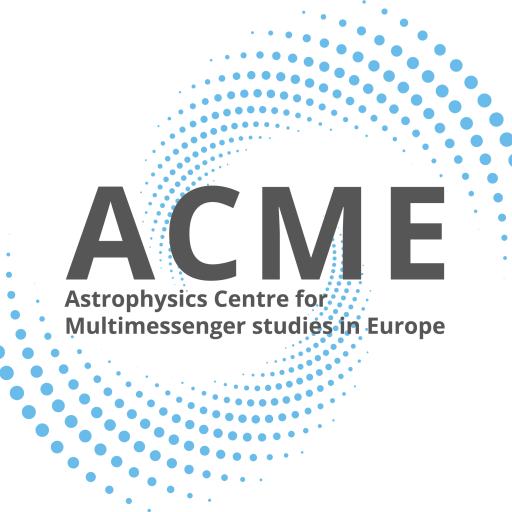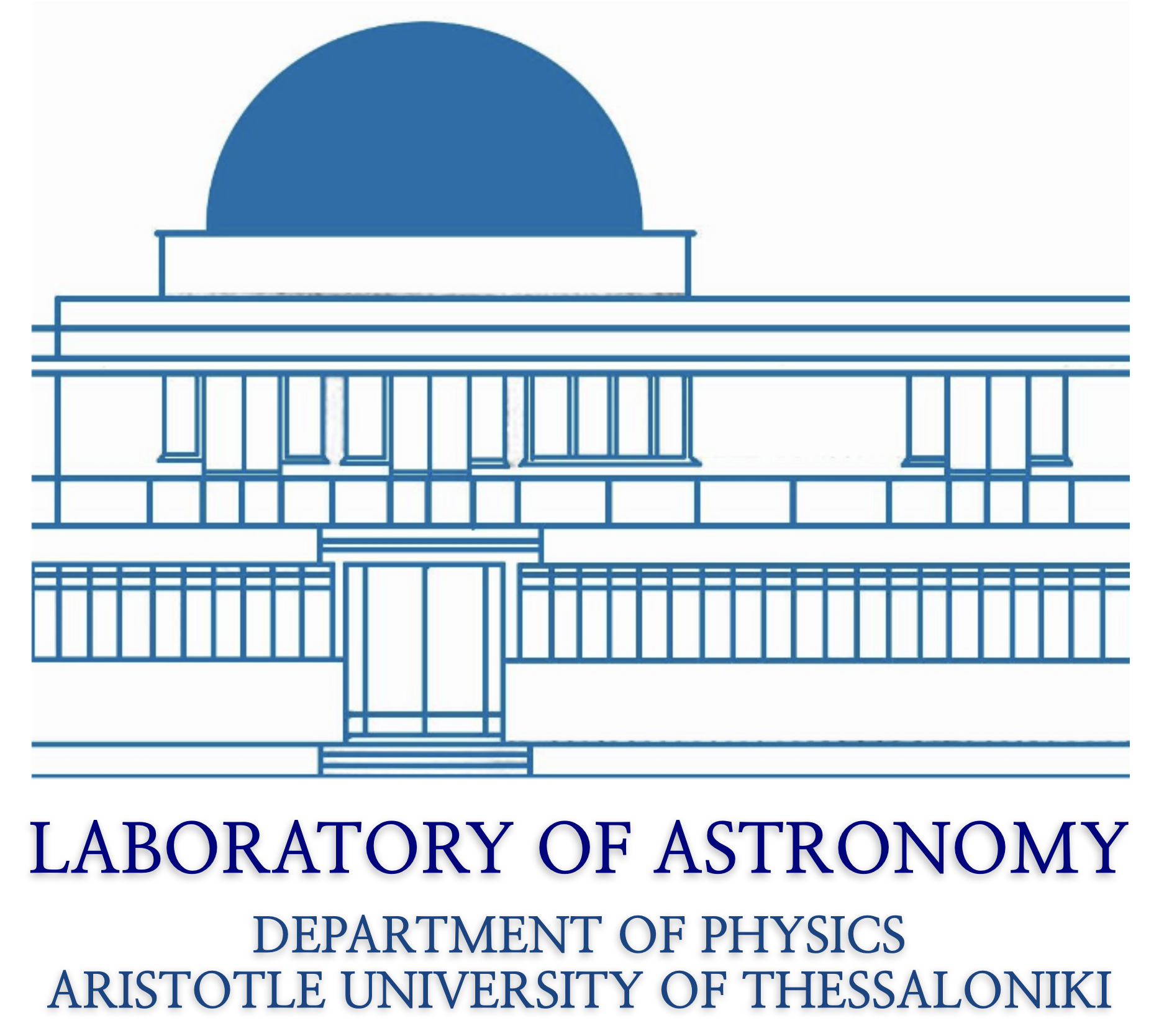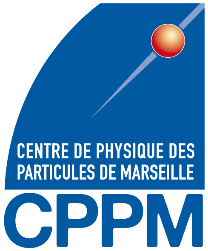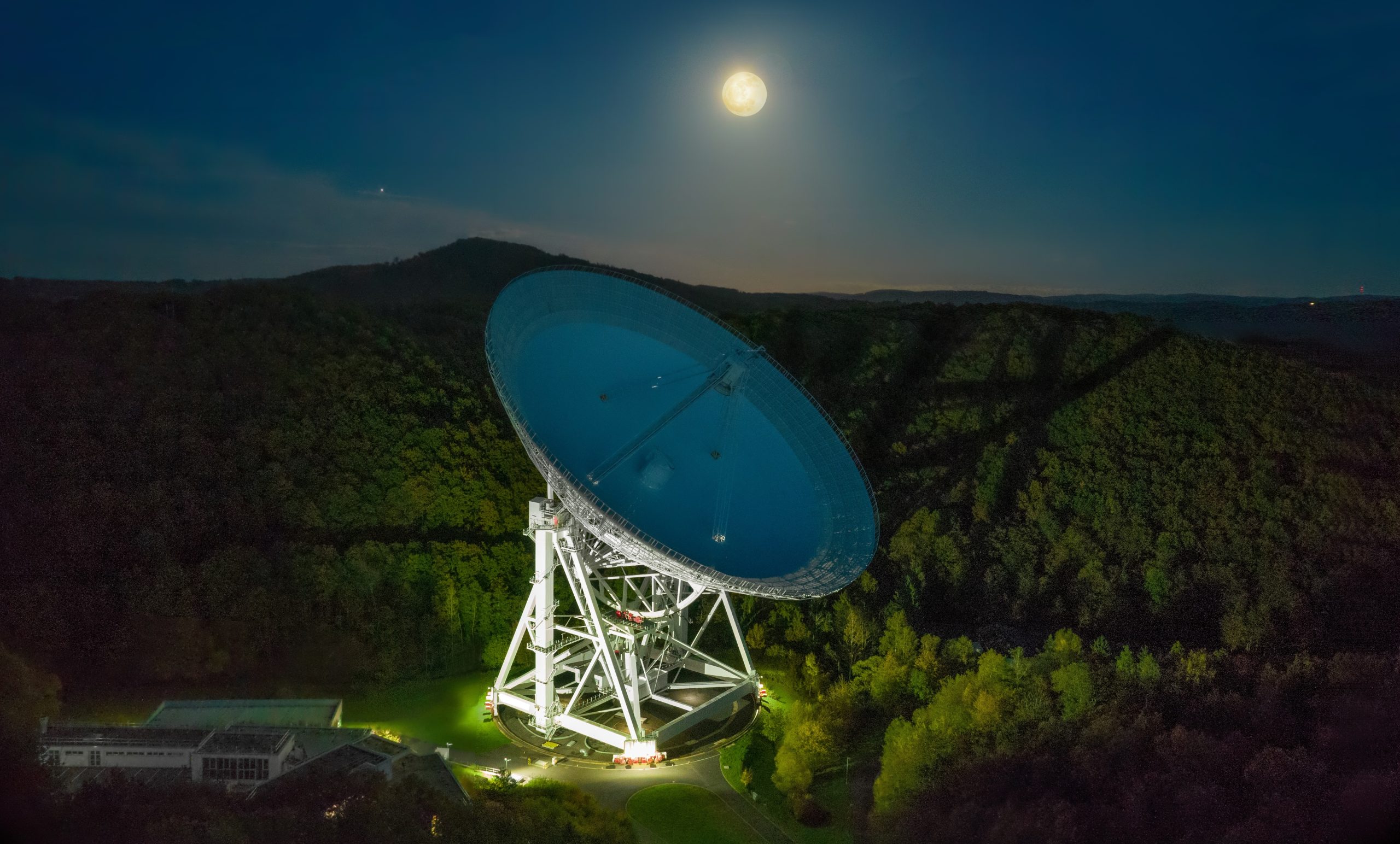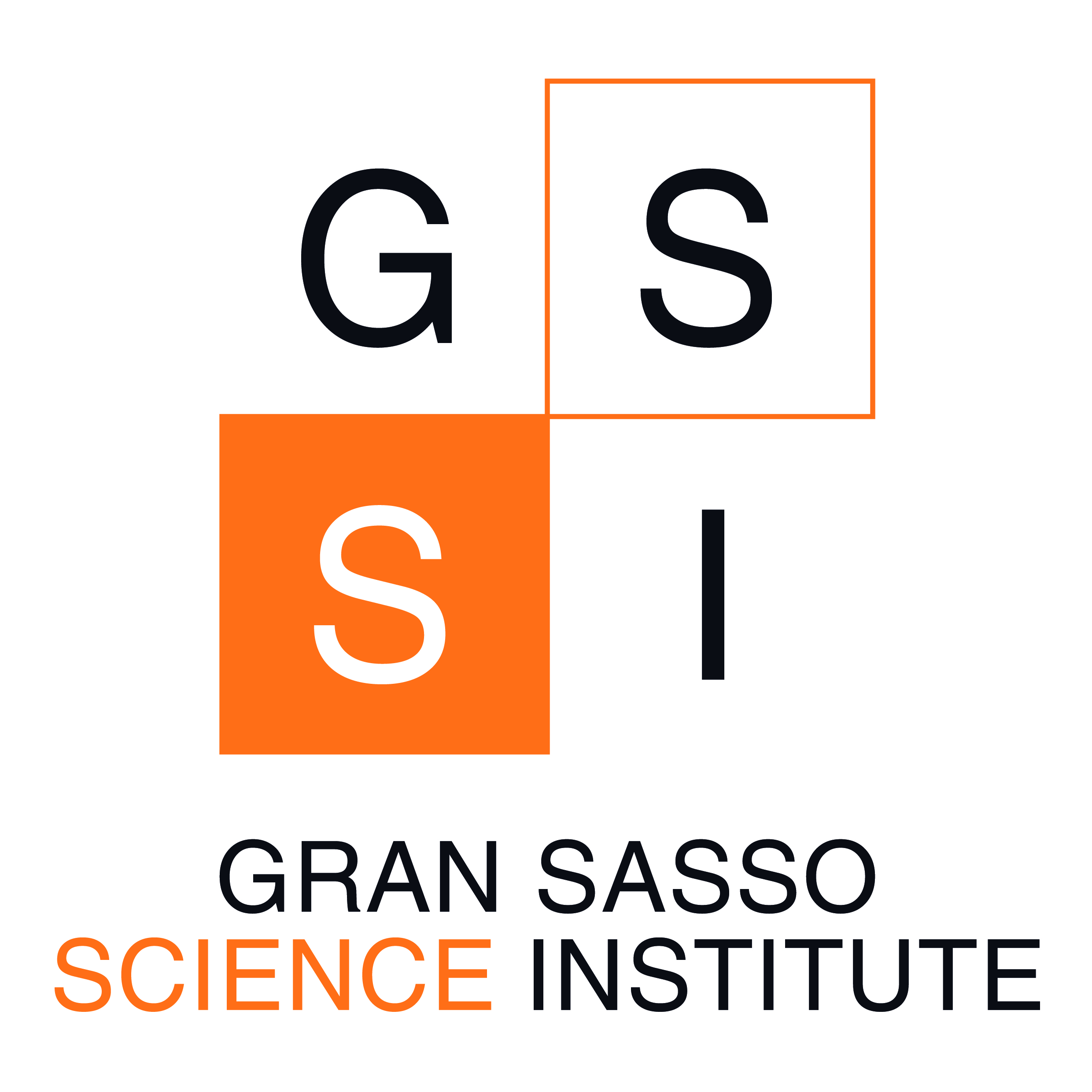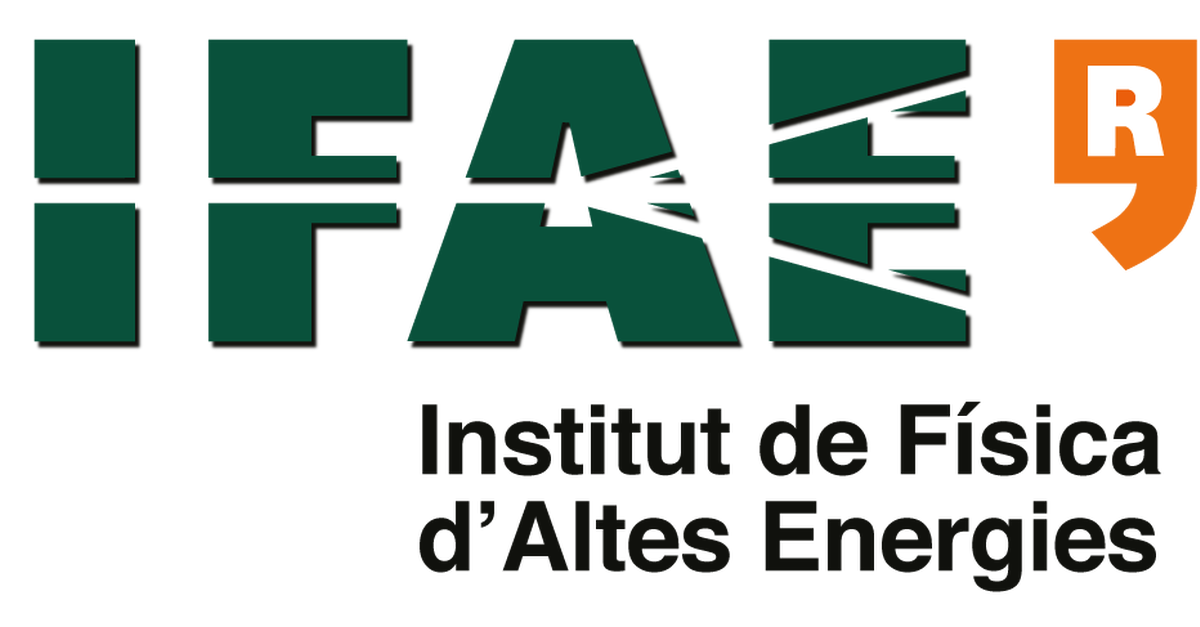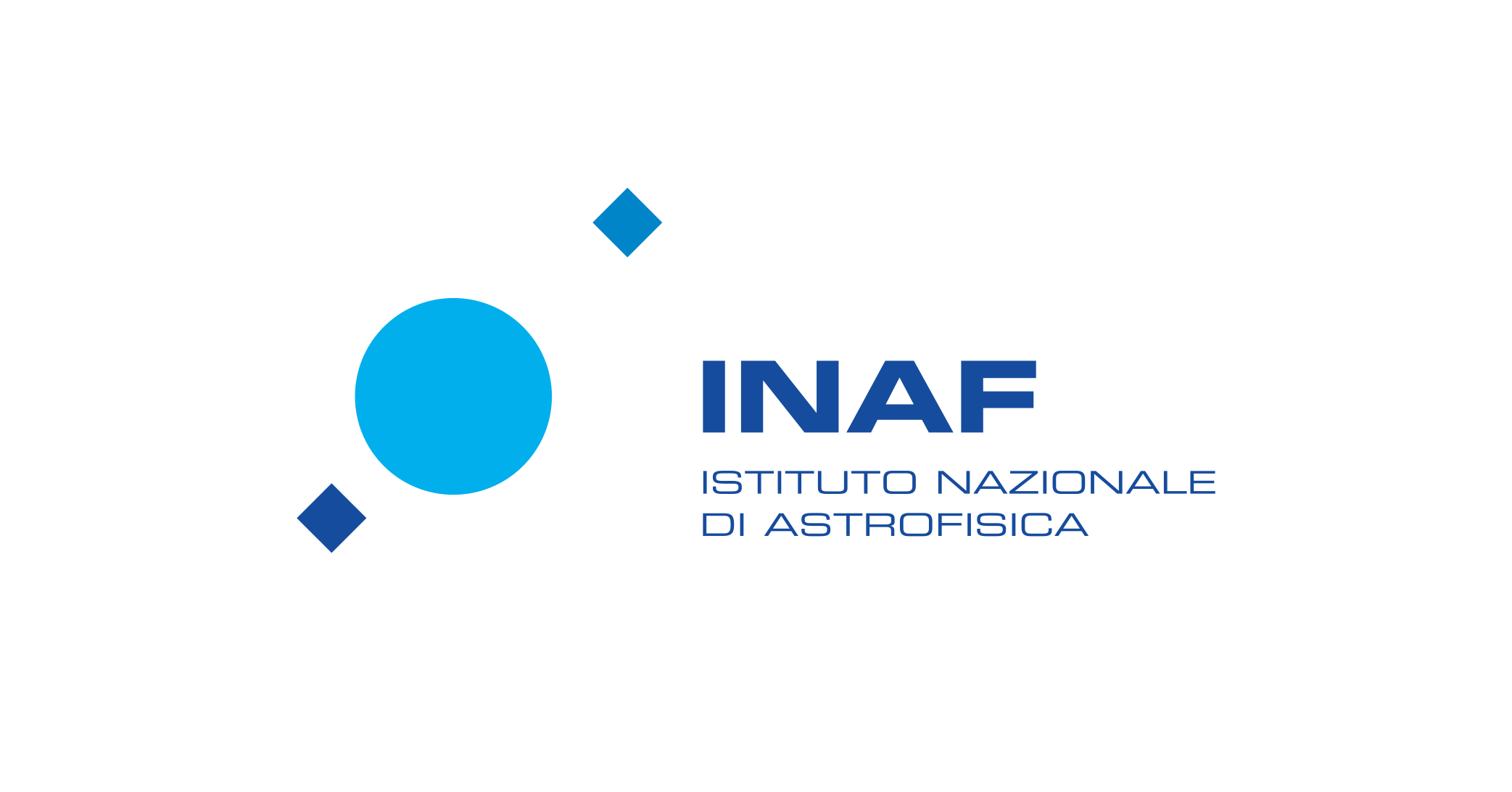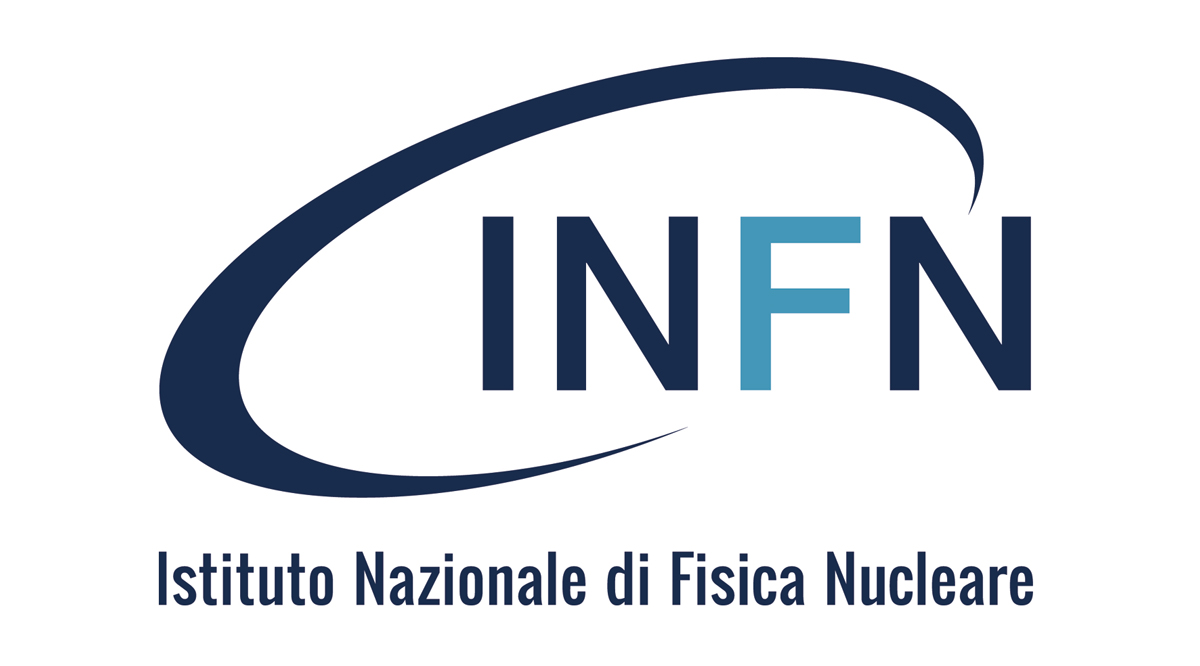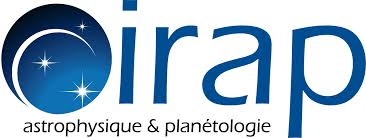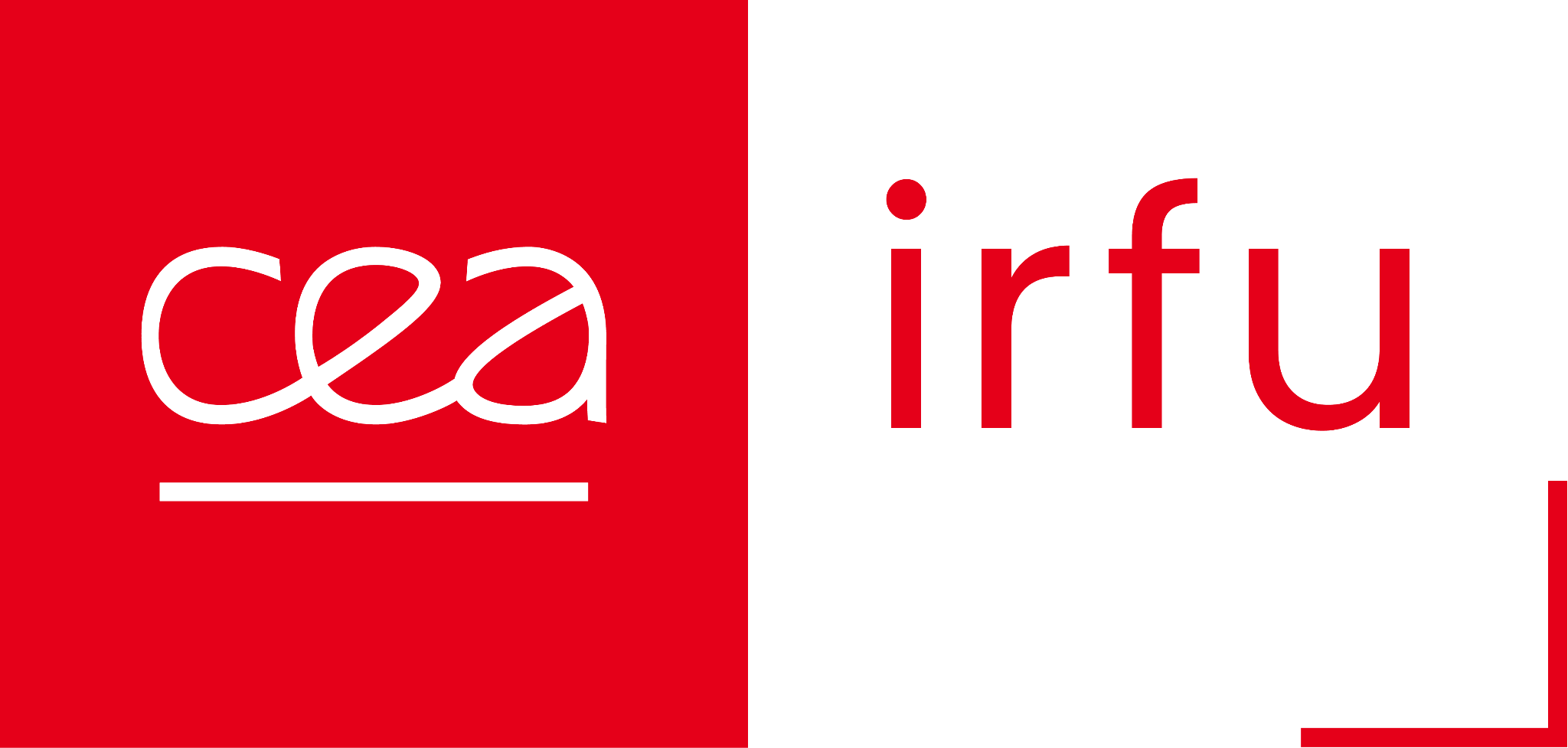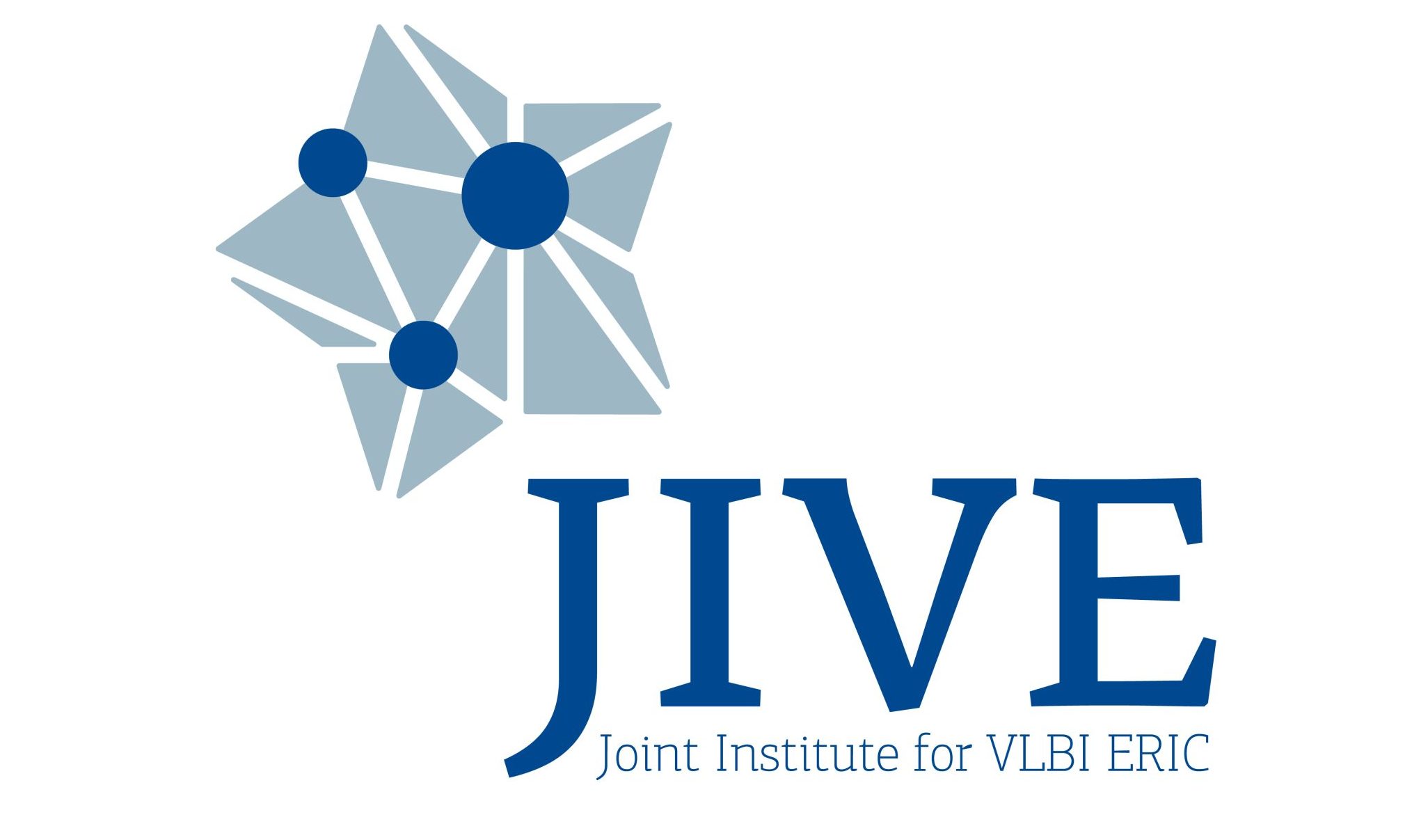Results of TNA second call
The Centres of Expertise provide access to advanced multi-messenger data analysis methods and tools, along with comprehensive end-to-end support for multi-wavelength and multi-messenger observations of transient signals. This includes assistance with observational strategy design, proposal preparation, and data processing, as well as expert theoretical guidance for interpreting multi-messenger data.
The expertise spans the entire electromagnetic spectrum, from the radio band to optical, X-rays, gamma-rays, and very high-energy gamma-rays, as well as gravitational waves and astroparticles (neutrinos and cosmic rays). The primary focus is on multi-messenger astrophysical sources such as compact object mergers (involving neutron stars, black holes, and white dwarfs), gamma-ray bursts, core-collapse supernovae, kilonovae, magnetars, fast radio bursts, tidal disruption events and active galactic nuclei. The centres also offer in-depth knowledge of both current and next-generation experiments that enable the observation of such diverse phenomena.
Access to the expertise is provided under two modalities described below.
Visits to institutes (TNA)
Regular calls will be issued, aiming to support research visits to European institutes that provide direct training and expert guidance in multi-messenger astronomy.
The goal is to enhance and expand expertise in the observational, data analysis, and theoretical aspects across the various ACME messengers and multi-wavelength domains.
Visits are expected to take place in one of the participating institutes in the relevant domain of expertise. They last for one to two weeks (5-10 working days).
Visiting users will be selected through a competitive process based on the quality of the scientific applications and the suitability between the proposed project and the insititute.
Previous calls
Next call
Online expertise (VA)
The access to expertise is given through remote hands-on sessions and helpdesk. The experts support the access to multi-messenger data analysis methods and tools, end-to-end expertise for multi-wavelength and multi-messenger follow-up of transient signals, and to the theoretical expertise to interpret data. Assistance can also be provided on the preparation of observation proposals and ACME TNA applications. Details on the expertise are given in the corresponding center pages:
Hands-on sessions
These are online events on data analysis tools/platforms. Users should register for the training events to access them.
VA platform
The platform allows users to request assistance on any of the topics related to the expertise of the different centres. The users can register on the platform, create a ticket, and interact directly with experts there. The platform can be accessed through the following link:
List of all nodes
APC
The Astroparticule and Cosmology (APC) laboratory was created in 2005 and is co-directed by CNRS and Université Paris-Cité. It includes 220 people whose activities are organised around five scientific groups: cosmology, gravitation, high-energy astrophysics,...
ASTRON – Science Data Center Operations (SDCO)
ASTRON operates the Low Frequency Array (LOFAR) telescope, distributed across Europe, which represents a research infrastructure (LOFAR-ERIC) dedicated to provide the wider astronomical community with the highest resolution observations at the lowest radio...
AUTh Laboratory of Astronomy
The Laboratory of Astronomy at the Aristotle University of Thessaloniki (AUTh), a research unit of the Department of Physics, was founded in 1943, and is a leading center for astronomical research and education in Greece. It focuses on areas like general relativity,...
BUW
The department of astroparticle physics is a part of Faculty of Mathematics and Natural Sciences at the University of Wuppertal. The group has been a founding member of the Pierre Auger Observatory with major contributions to the fluorescence telescopes, the readout...
CPPM
The Centre de Physique des Particules de Marseille (CPPM), located on the Luminy campus, is a high energy experimental physics laboratory involved in the fields of Particle Physics, Astroparticle Physics and Cosmology. CPPM is under the supervision of CNRS and...
CTAO
The Cherenkov Telescope Array Observatory (CTAO) is overseen by the CTAO ERIC (European Research Infrastructure Consortium), a legal entity under EU law created to manage the construction and operation of this next-generation gamma-ray observatory. The CTAO ERIC was...
Effelsberg node
Access to expertise In the framework of ACME, scientists can get support and advice in all phases of the planning, execution and analysis of the observations: Proposal preparation - choice of receivers, backends, and observing modes Observation planning - preparation...
EGO
The European Gravitational Observatory (EGO) is a consortium established to promote research in the field of gravitation. Its main research directions include the operation of the VIRGO interferometer and its improvements, and the maintenance of the related...
enhanced Multi-Element Radio Interferometer Network (e-MERLIN)
Available expertise e-MERLIN offers end-to-end support for the e-MERLIN user community for the following expertise areas: proposal preparation MERLIN/e-MERLIN archive requests writing observing schedules calibrated data through a bespoke e-MERLIN data...
GSSI
The Gran Sasso Science Institute, located in L’Aquila, Italy, is an international doctoral school and research center focused on Astroparticle Physics, Mathematics, Computer Science, and Social Sciences. GSSI is in L’Aquila, Italy and it currently hosts around 150 PhD...
IFAE
The Institut de Física d’Altes Energies (IFAE) is a consortium of the Generalitat de Catalunya and the Universitat Autònoma de Barcelona (UAB), founded in 1991. Its multidisciplinary efforts cover high-energy particle and astroparticle physics, cosmology, and the...
IGFAE
The Instituto Galego de Física de Altas Enerxías (IGFAE) is a consortium of the Xunta de Galicia and the Universidade de Santiago de Compostela (USC) comprising about 150 scientists. It has been awarded twice the prestigious Maria de Maeztu distinction and is fully...
INAF
The Italian National Institute for Astrophysics (INAF) is responsible for promoting, organizing, coordinating and conducting research activities in the field of astrophysics in Italy, covering a wide range of astrophysical fields, including cosmology, astroparticle...
INFN
INFN is the Italian research agency dedicated to the study of the fundamental constituents of matter and the laws that govern them. It conducts theoretical and experimental research in the fields of subnuclear, nuclear and astroparticle physics. All of the INFN’s...
IRAP
The Institut de Recherche en Astrophysique et Planétologie (IRAP, UMR5277) in Toulouse is a Joint Research Unit under the auspices of the CNRS, the University Toulouse III and the French Space Agency (CNES). It one of the nine laboratories making up the Observatoire...
IRFU
Multi-messenger at IRFU The French Alternative Energies and Atomic Energy Commission (Commissariat à l’Énergie Atomique et aux Énergies Alternatives, CEA), is a public government-funded research organization. The Institute of Research on the Fundamental Laws of the...
JIVE
The Joint Institute for VLBI ERIC (JIVE) is a research infrastructure providing central support to the European VLBI Network (EVN). JIVE's mission is to promote and implement the use of Very Long Baseline Interferometry (VLBI) and other radio astronomical techniques....
L2IT
The “Laboratoire des 2 Infinis – Toulouse” (L2IT) is a joint research unit of CNRS, via the Institut National de Physique Nucléaire et de Physique des Particules (IN2P3), and the Université Toulouse III – Paul Sabatier. Researchers and engineers at L2IT are studying...
SRON
SRON is the Dutch national expertise institute for scientific space research. Our scientific focus points are low- and high-energy astrophysics, exoplanets and studies of the Earth's atmosphere. In these scientific areas, we develop detection technologies and provide...
UCLouvain
The Research Institute in Mathematics and Physics (IRMP) of UCLouvain develops frontier research in Fundamental Physics and Pure Mathematics. The main purpose of this research is increasing and preserving knowledge in the most fundamental domains of Science. In...
